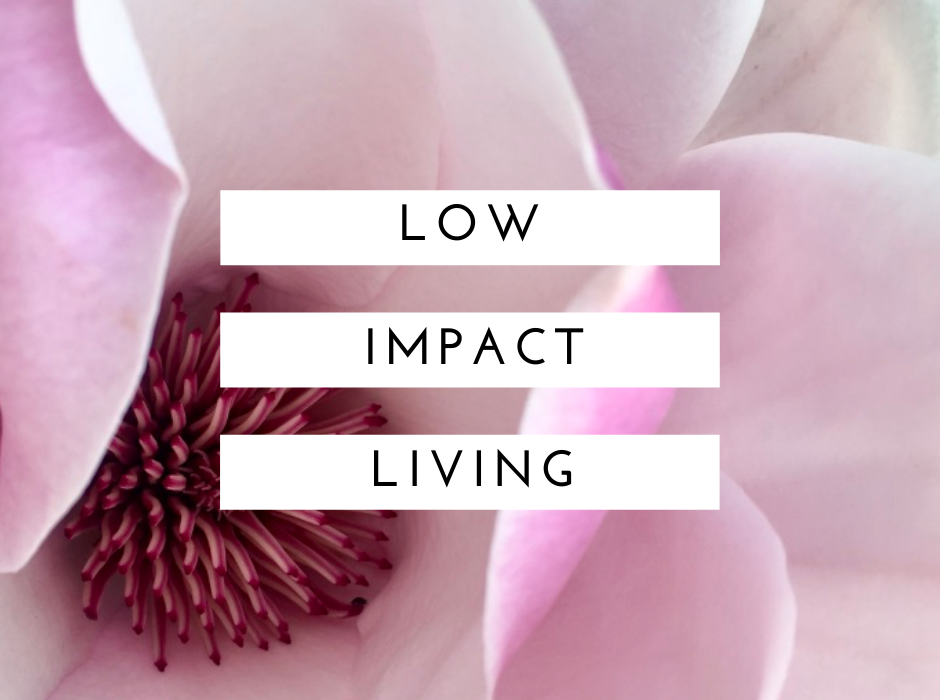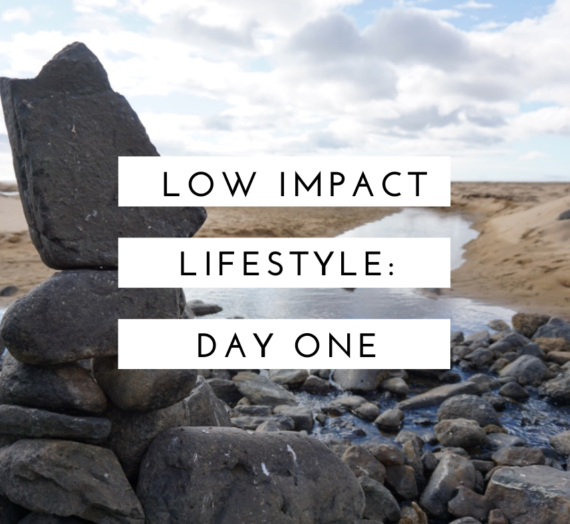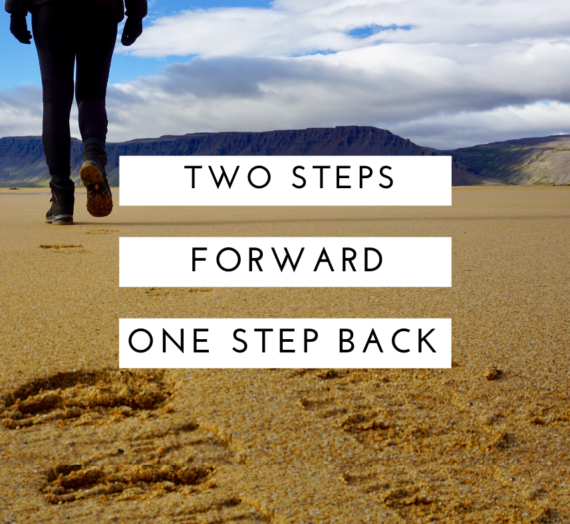A question that many people pose when it comes to doing small, good actions for the environment is – why bother? If it’s not convenient for me, why should I do it? My actions aren’t going to make a difference, I’m just one person.
Or another common objection, “How are you be eco-friendly if you still take flights/use a cell phone made of parts with a large negative impact/ etc.?”
I think there are three important points to make here.
The first, which I think is most relevant to me, is the idea of living in alignment with your values. As I have embraced the concept of mindfulness more in recent years, I’ve tried to become more conscious, aware and mindful of all of my choices, and the impact that they have. For me, this also meant thinking more about the waste that I produce, and trying to minimise it wherever possible. This has also meant trying to buy more of my clothes secondhand, to purchase things with less packaging, and to eliminate meat from my diet. Am I perfect? Far from it. I still buy some clothes new, I still occasionally eat fish, and I sometimes still slip up and end up having to use single-use plastic. I do what’s feasible and practical for me at this point in my life, keeping in mind the impact that my actions have, and minimising it where I can.
The point is, even if one person’s personal impact is small, I think the idea of living in line with what you believe in is worthwhile.
Secondly, and related to the first point is the ripple effect impact of one person’s actions. If through my choices I can inspire others to make small changes to their daily habits, together these small actions may add up to a larger impact.
There’s a saying, don’t doubt the power of a small group of committed people to change the world, indeed it’s the only thing that ever has. If everyone thinks that what they do personally doesn’t matter and is never going to make a difference, then of course things are never going to get any better.

Finally, I want to acknowledge the fact that while individual actions are a great starting point, and one that we have the greatest control over, what’s really going to make the difference is systemic changes, through policy and by corporations. The average person just does not have the bandwidth (money, time, willingness) to go to extreme lengths to be eco-friendly. Corporations and governments need to step up and take responsibility for making eco-friendly choices not only easy, but the default option – the only option. And one catalyst for getting them to do so will be more people making noise, caring about the issues and living those values in their own everyday lives.




